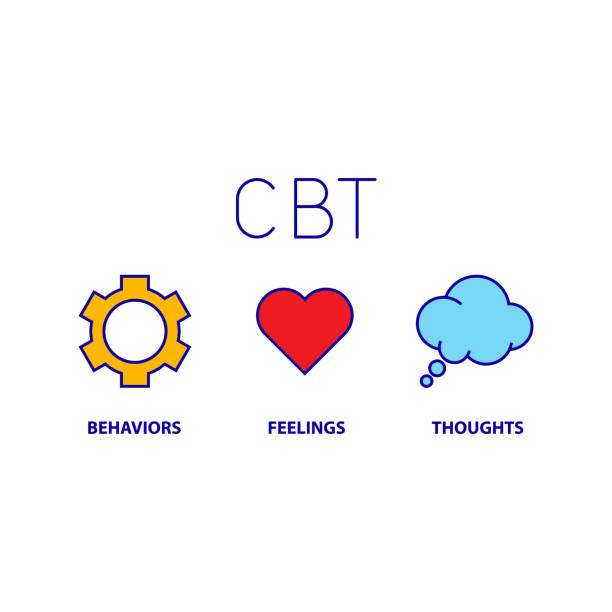
What is Cognitive Behavioral Therapy: When It Brings Benefits
Table of Contents
Cognitive Behavioral Therapy (CBT) derives from the theory that actions, emotions, and ideas are interwoven. Through the identification and correction of cognitive errors that could cause stress and anxiety, this scientifically supported approach helps individuals lean more toward positive thinking. Studies demonstrate CBT helps stop negative thinking patterns and memory-robbing behaviors. It assists in releasing brain energy for better responses. More especially, cognitive restructuring and mindfulness practices are pivotal cognitive activities for adults. Without them, it will be difficult to improve emotional resilience. Thus, CBT works as a useful instrument for personal development and enhanced mental wellness.
How Does the CBT Approach Work?
By altering neural pathways throughout the dynamic character of thought processing, CBT changes the brain. During cognitive therapy, the brain actively rewires itself to improve key mental processes like memory encoding, mood control, and attention. This technique helps individuals maintain positive thought patterns.
From a biological standpoint, CBT enhances relationships in the prefrontal cortex and hippocampal parts of the brain connected to emotional control and problem-solving. Through emphasizing particular strategies, CBT improves cognitive flexibility, therefore enabling the brain to adjust to new, better behaviors. Unlike only treating surface-level problems, many CBT activities also show the ability to train the brain in ways that increase short-term memory, attention span, and emotional reactions.
Moreover, CBT helps people learn to recognize and fight negative thinking patterns, improving their capacity to concentrate and control their moods. This strategy entails organized self-reflection, mindfulness, and problem-solving exercises. Taken together, they build long-term mental resilience. CBT may generate long-lasting changes throughout a spectrum of mental capacities with the correct techniques.
What Should One Expect from a Session
The therapist helps the individual navigate their cognitive processes and how they affect emotions and behavior throughout a CBT session. Structured activities designed to help people recognize negative thinking habits and substitute better ideas abound throughout the courses. Usually utilized to provide a clear framework for transformation are methods that include behavioral tests and journaling.
CBT’s practical approach, which emphasizes present issues and gives individuals tools they may use in everyday life, is a main advantage. It also teaches how to remember healthier mental patterns through practicing better thinking.
Although CBT is very successful, outcomes need time and attention. Some people may find treatment emotionally grueling at first. Famous individuals like author John Green and actor Ryan Reynolds have spoken about using CBT’s methods to control anxiety. Professionals like CBT pioneer Dr. Aaron Beck have underlined how well it treats a variety of mental health problems, including depression and post-traumatic stress disorder (PTSD).
FAQ
How does CBT work?
CBT creates space for individuals to identify and challenge negative thought patterns. As a result, they develop healthier cognitive processes and make emotional responses more efficient.
How is CBT different from other types of therapy?
Unlike other treatments that could concentrate on investigating previous events, CBT is goal-oriented and organized, stressing current problems and workable solutions.
Is CBT effective for everyone?
Although CBT has shown results for many, its effectiveness will vary depending on the personal situation; some people will gain more from other mental aids.